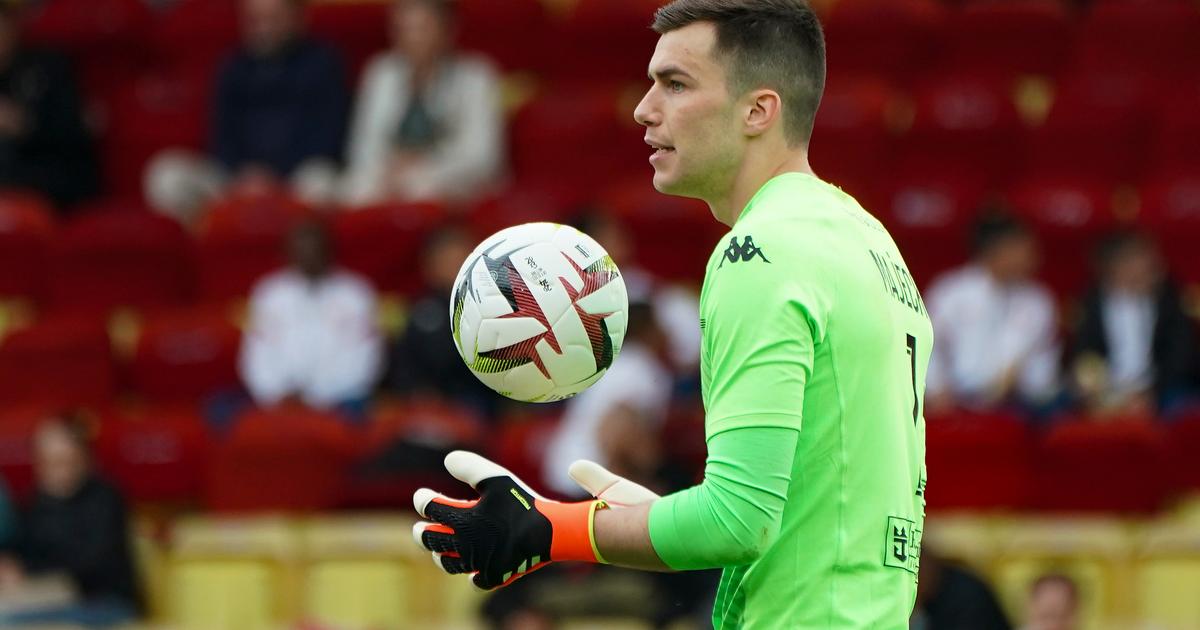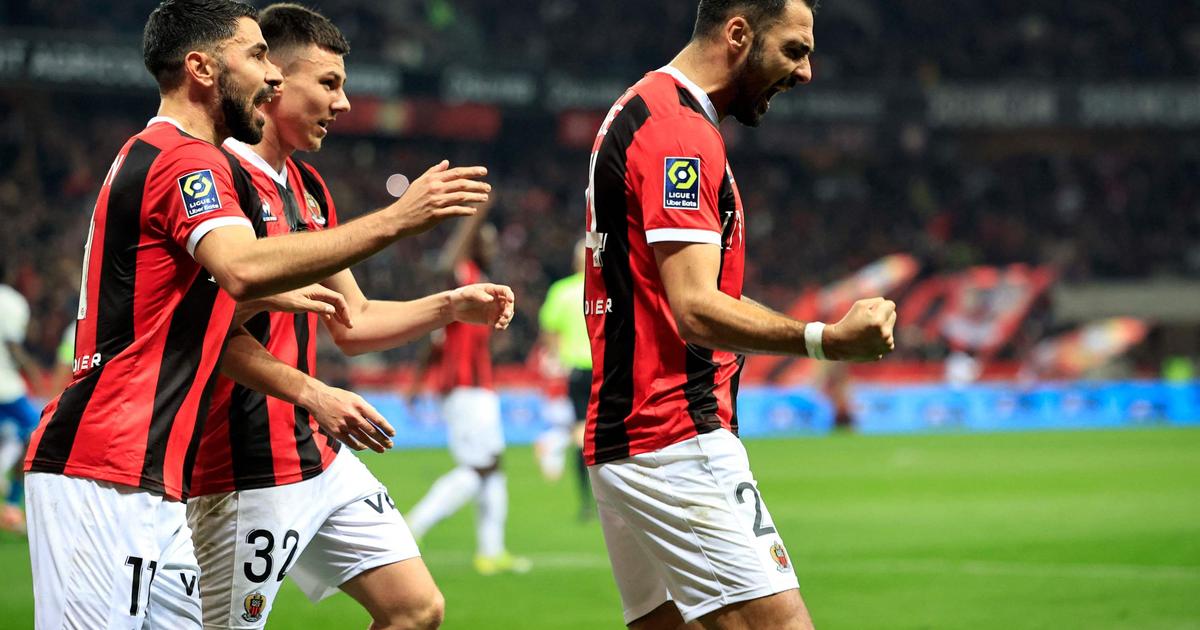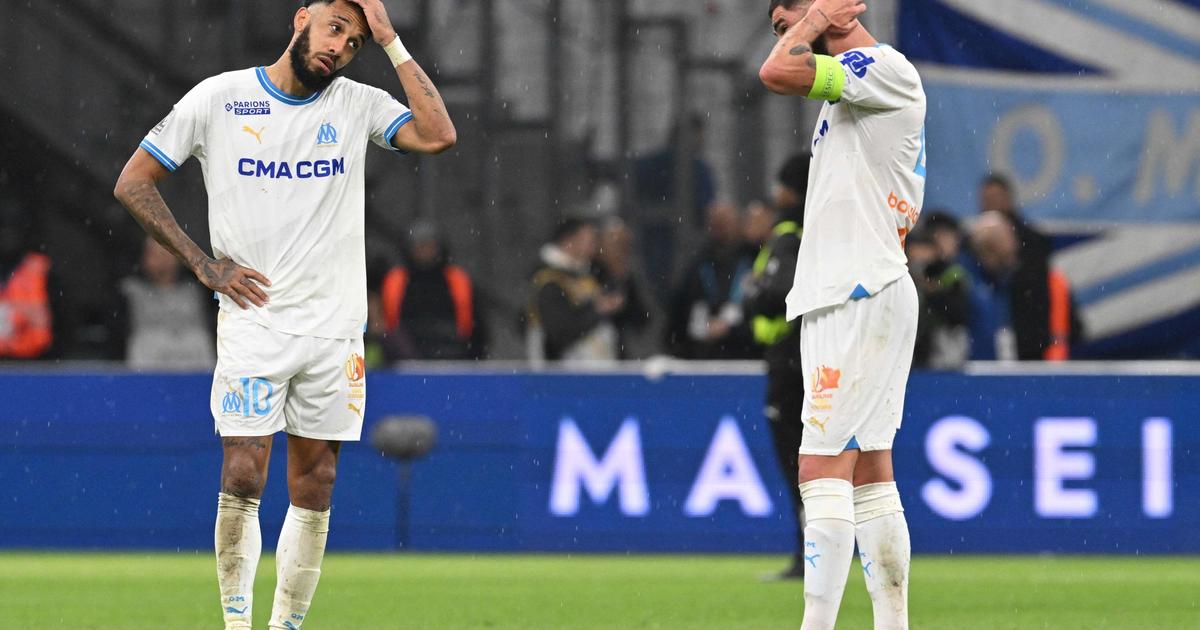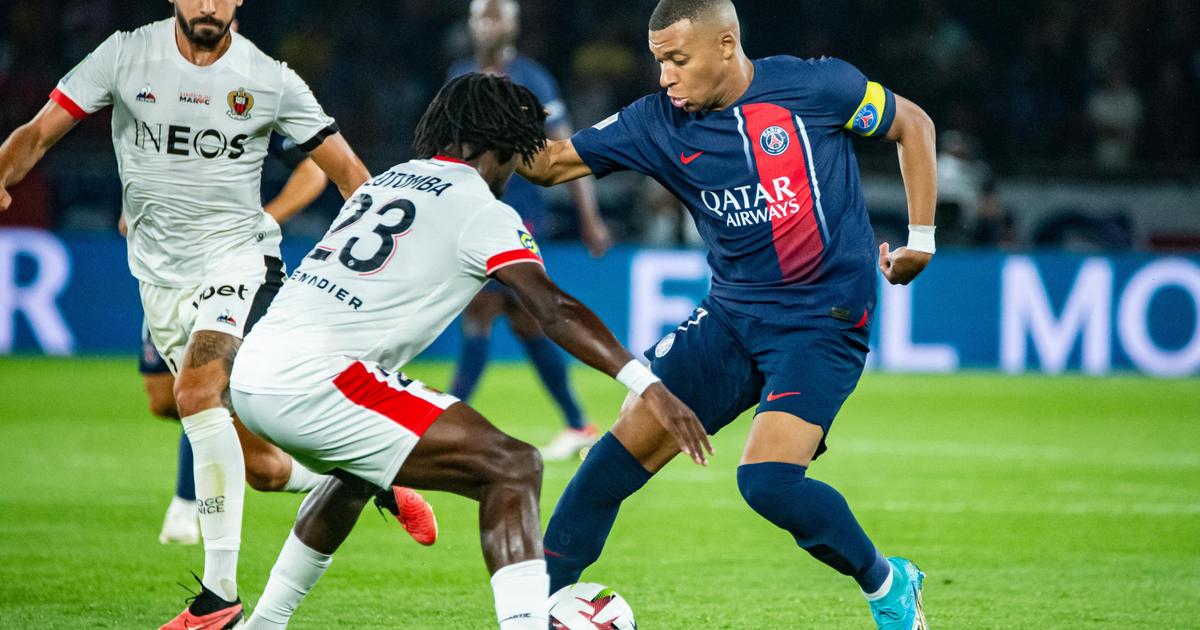Changing doesn't change anything!
Research director at the CNRS (National Center for Scientific Research), professor at the Paris School of Economics, Luc Arrondel was interested in the waltz of coaches in Ligue 1, from 1998 to 2018. With Richard Duhautois and Cédric Zimmer, members of the National Conservatory of Arts and Crafts, he carried out a statistical survey currently in the evaluation phase by a scientific journal.
It will be available to the general public in a few months.
Why did you decide to carry out such a study?
LUC ARRONDEL.
There were a large number of studies on foreign championships, all over Europe.
With my colleagues, we said to ourselves that it would be interesting to do it for France.
Football is part of my current research and I wanted to verify a misconception that the change of coach influences the results of a team.
How did you do it?
We compared two types of teams with the same profile, the same sporting background and the same type of performance.
We just distinguished those who fired their coach from those who kept it.
For what result?
The change of coach has no impact on improving performance.
There is a short-term effect and especially at home.
And even !
This effect fades with other characteristics, such as the seniority of the coaches.
This tends to show that when choosing a trainer with experience to save the furniture, it is this factor that explains the psychological shock observed.
Is this study terrible for coaches or those who fire them?
She's not saying the coach doesn't matter.
It is change that has none.
There is a difference.
The coach has his role.
He manages the egos, the club's communication, establishes the tactical strategy.
But when you change it, you don't change the results of the team.
Its contribution is marginal.
We have in mind these great coaches who carry the team.
This is what historians call the theory of great men.
Roughly speaking, they would be the ones writing history.
But we must be wary.
Pep Guardiola has arguably the most expensive workforce in Europe.
The record for the change of coach is in Nantes and the results are not wonderful.
PSG express newsletter
Our information on the capital club
Subscribe to the newsletterAll newsletters
The impact mainly comes from the players?
There is a lot more correlation between player payroll and results, than with a change of coach.
It is a robust effect.
The archer of the players is efficient, that of the coaches much less.
So why are presidents sacking them?
We have to look beyond athletic performance.
There may be locker room problems, players who let go of their coach.
There is sometimes the will to operate a psychological shock, as in Paris this winter.
There is also the will to calm the supporters or the shareholders.
READ ALSO>
PSG: physical training, dialogue with executives… Pochettino, a hard and gentle coach at the same time
Basically, has the coach become the ideal scapegoat?
Yes.
This is a very valid theory.
The average length of a coach on the bench has fallen below two seasons, and in L1 the average number of matches
trained
has risen to 57. Coaching careers are very, very short, while two-thirds of between them are fired in mid-season.
A figure that has increased in recent years.
The average is more than five changes per season.
In 2020-2021, we are already at nine.
It is a phenomenon on the rise everywhere.
Is this a sign of outrageous liberalism, which would treat coaches like Kleenex?
I am wary of this kind of expression.
Let's say that's the current football trend.
Mobility has increased everywhere: club owners change, players change clubs and coaches are changed often.
It is the result of the evolution of football with owners of American franchises and investment funds.
They want a return on their investment.
The new players in football are more focused on economic added value and performance than on sporting results.
They are much more impatient than the patrons.
However, in football, it is for the moment difficult to see a rationality in terms of profit maximization, one should not dream.
But does the weight of the trainer only boil down to results?
Yes, this is the limit of the study: we only worked on observable characteristics, that is to say performance.
The dissatisfaction of supporters and shareholders is much harder to observe.
This is why we only made assumptions.
It is simply said that by changing coaches, you do not improve your team's results.
Did you get feedback from coaches to your study?
No, not yet
(laughs)
.
But we are not saying that they are unnecessary.
English economists compare coaches more to the Queen of England than to the Prime Minister: they are more important, but not necessarily essential.
It is quite well seen.
To measure the evolution of the level of clubs, we relied on the Elo ranking, which measures the level of a team according to the results it obtains according to the level of its opponents.
If a weak club beats a strong club, the first wins as many points as the second loses.
This system allows you to compare the level of teams that have not met, as well as the levels of teams over time.
Thanks to data from the clubelo.com website, we were able to count the number of coaches who took up their duties between January 1, 2000 and March 4, 2021, as well as the average evolution of the club's level under their era.
Nantes and Marseille have called on more than twenty coaches since 2000 but on average, without these changes managing to raise the bar.
Conversely, Angers, Dijon or Strasbourg, whose levels were much lower in the early 2000s, changed coaches less often and saw their level increase over the same period.









